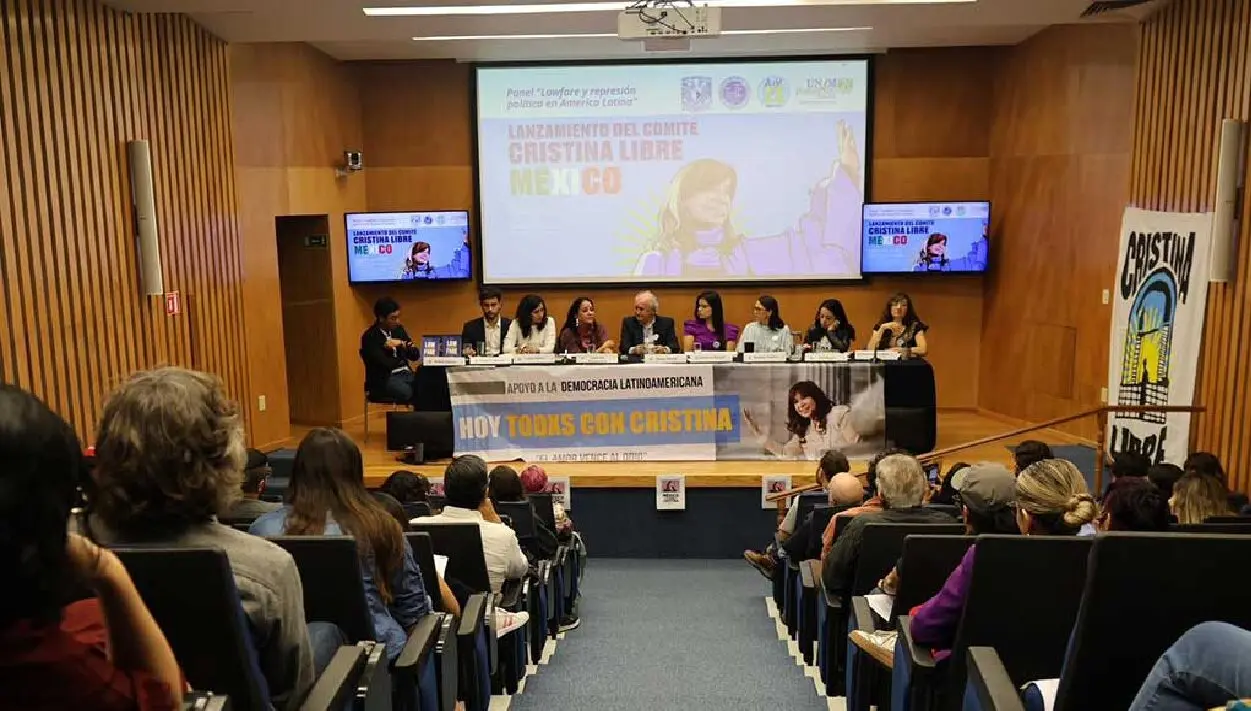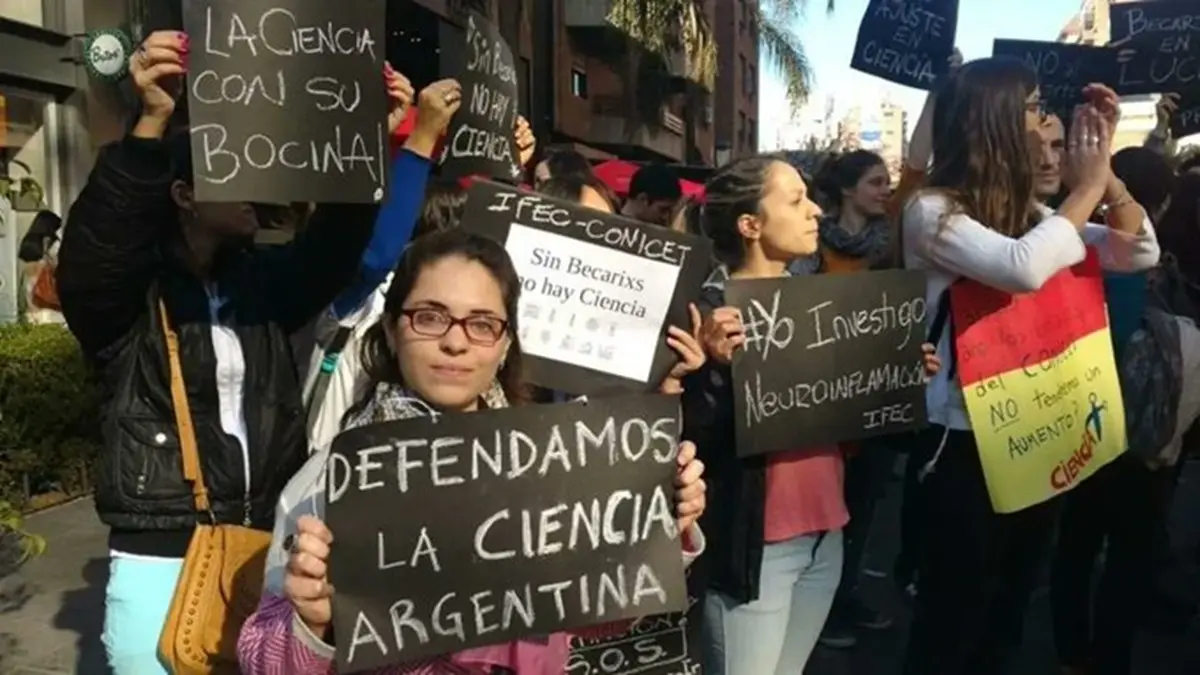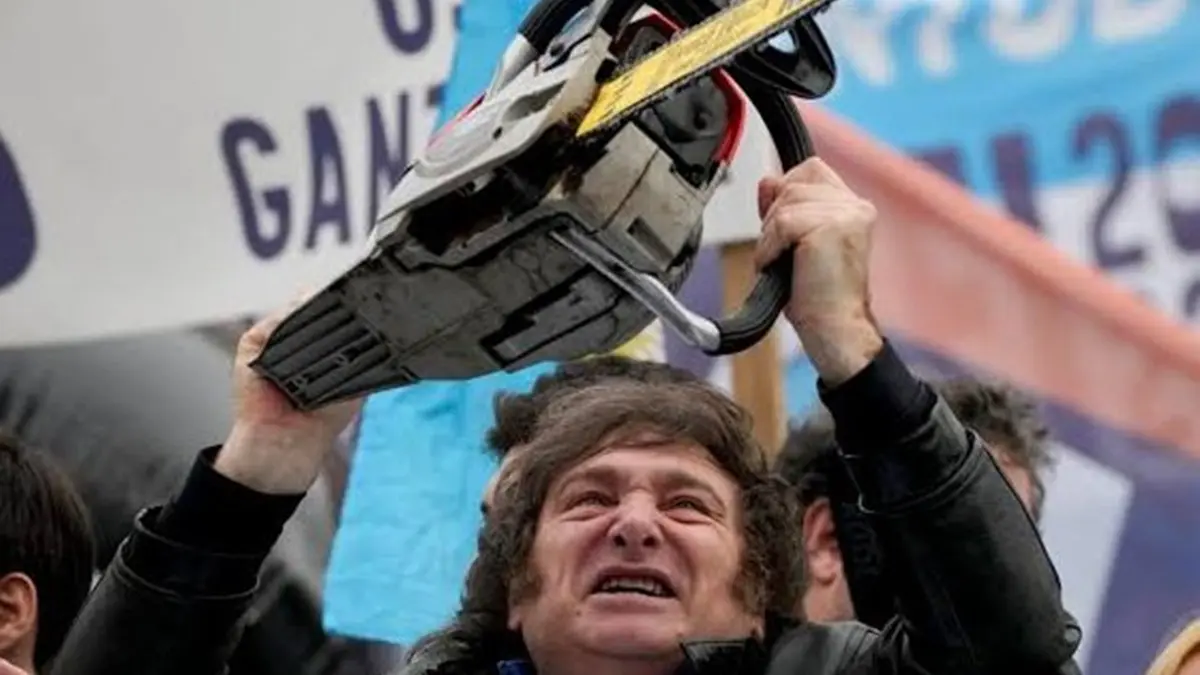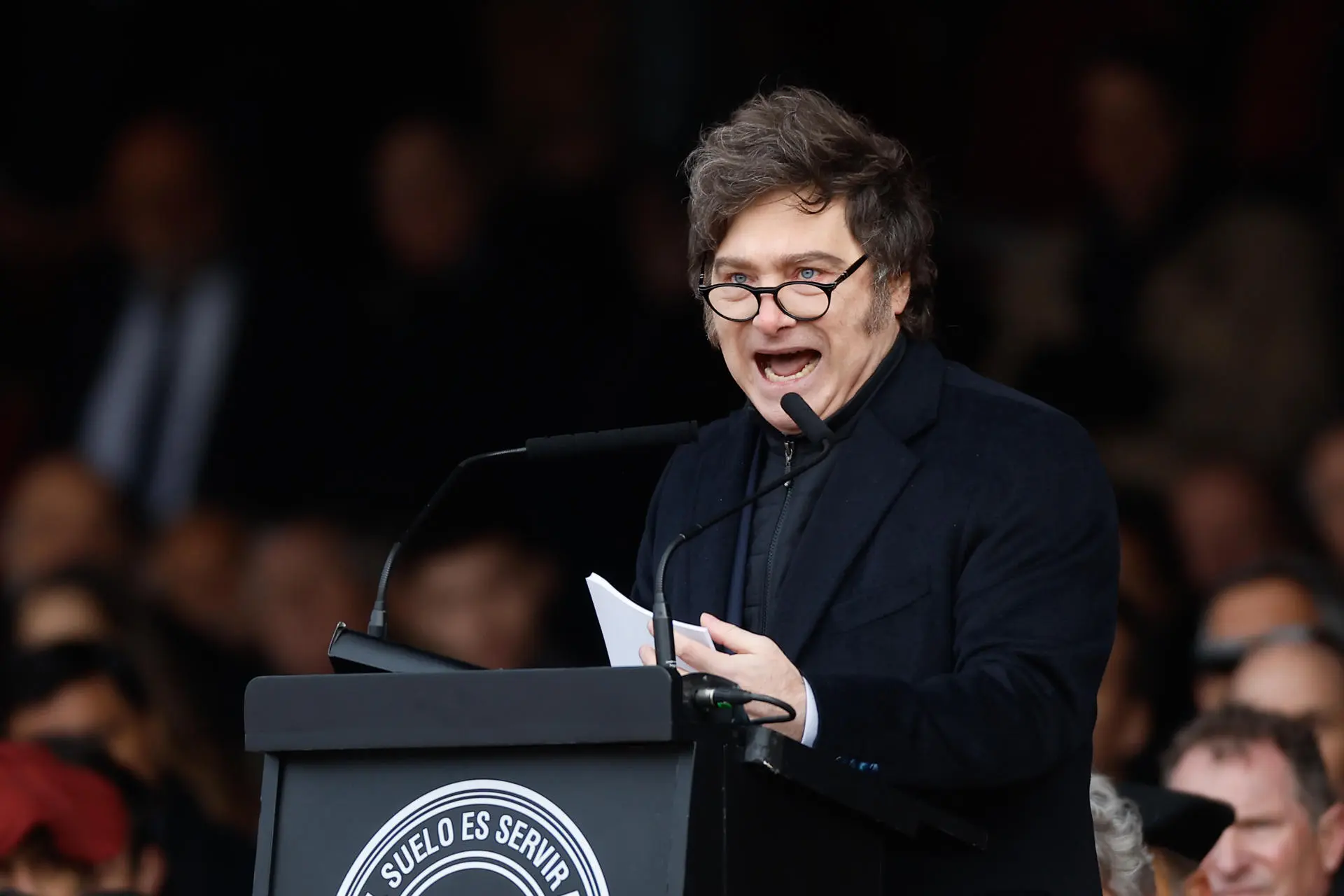Enriqueta Rodriguez-Maroni, Founding Member of the Mayo Square Mothers, Dies at 98
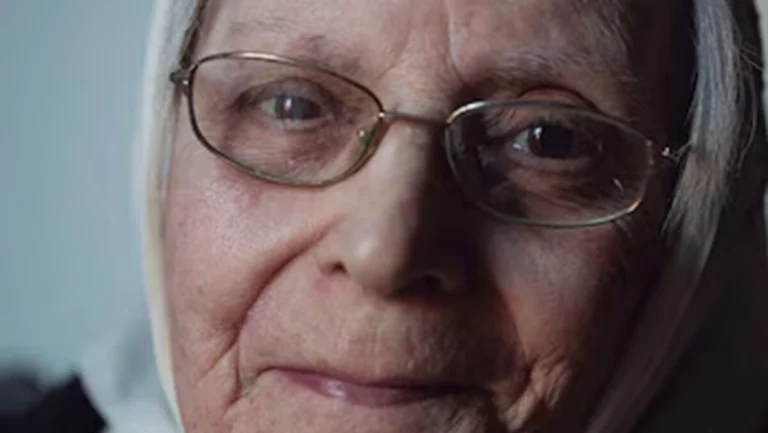
Enriqueta Rodriguez-Maroni. X/ @aizquierdo777
August 6, 2025 Hour: 10:21 am
This teacher became a symbol of resistance to the Argentine dictatorship.
On Tuesday, Enriqueta Rodriguez-Maroni, former president of the Mayo Square Mothers–Founding Line, died at the age of 98 after decades of activism in Argentina’s fight for memory, truth and justice.
RELATED:
Nora Cortiñas, One of the Mothers of Plaza de Mayo, Dies at 94
A tireless human rights advocate, Rodriguez dedicated her life to demanding justice for her disappeared children, Maria Beatriz and Juan Patricio Maroni. They were abducted on April 5, 1977, by a group of military personnel under the command of Gen. Carlos Suarez.
Her children and their partners were taken to the clandestine detention center known as Club Atletico, where Argentina’s dictatorship tortured and killed political prisoners. Days later, Juan Patricio’s wife was released, but he, his sister and Maria Beatriz’s husband, Carlos Rincon, were killed.
Rodriguez-Maroni became a symbol of resistance to the dictatorship when, during a demonstration in front of the Pink House presidential palace, she publicly denounced the regime’s crimes to the world.
“They came into our homes, raided them, and stole whatever they wanted. They destroyed our houses and robbed us of everything we had. And on top of that, they stole our children. We never heard from them again. The Army did it. The Army!” she said forcefully to foreign journalists.
The text reads, “Enriqueta Rodriguez de Maroni, former president of the Founding Line of the Mothers of Plaza de Mayo, passed away at the age of 98. Enriqueta was a teacher and rose to prominence when she was interviewed on Dutch television during one of the marches during the 1978 World Cup.”
Rodriguez-Maroni was interviewed by Dutch television during the 1978 World Cup in Argentina, while the Mothers of the Plaza de Mayo were marching in defiance of the dictatorship. Her voice, firm and full of pain, echoed across the globe as a testament to the atrocities suffered by the Argentine people.
“In Argentina, they tried to impose a plan of terror alongside an economic plan of growing marginalization, punishing those who thought differently. The military forces saw themselves as ‘messiahs’ who would save the nation,” she wrote in a public letter.
“There was a sinister plan carried out by individuals who turned kidnapping, detention, torture, and disappearance into a ‘way of life’ for several years. In the darkest moments of our history, a generation committed itself to its time and its people,” she added, striving to keep alive the memory of her children and the thousands of others who were disappeared.
“We have the right to know what happened to our loved ones. From the world of silence to which we have been condemned, they knock on our conscience. To them, we say that our demands for justice, our search for the truth, our memory, and our love for them have never faltered,” Rodriguez-Maroni wrote in another letter.
In addition to her role as a Mother of Plaza de Mayo, she continued teaching in the working-class Cildañez neighborhood of Buenos Aires, even after her children’s disappearance. Alongside her daughter, Margarita Maroni, she remained active in the human rights movement.
Enriqueta Rodriguez-Maroni’s legacy endures as a beacon of struggle and dignity. She was not only the mother of two disappeared young people, but the mother of a cause that continues to challenge Argentine society: the pursuit of justice, the preservation of memory, and the rejection of oblivion.
teleSUR/ JF
Source: Pagina 12


